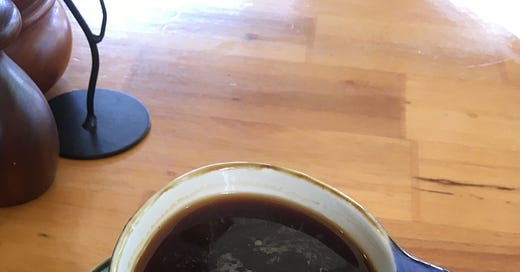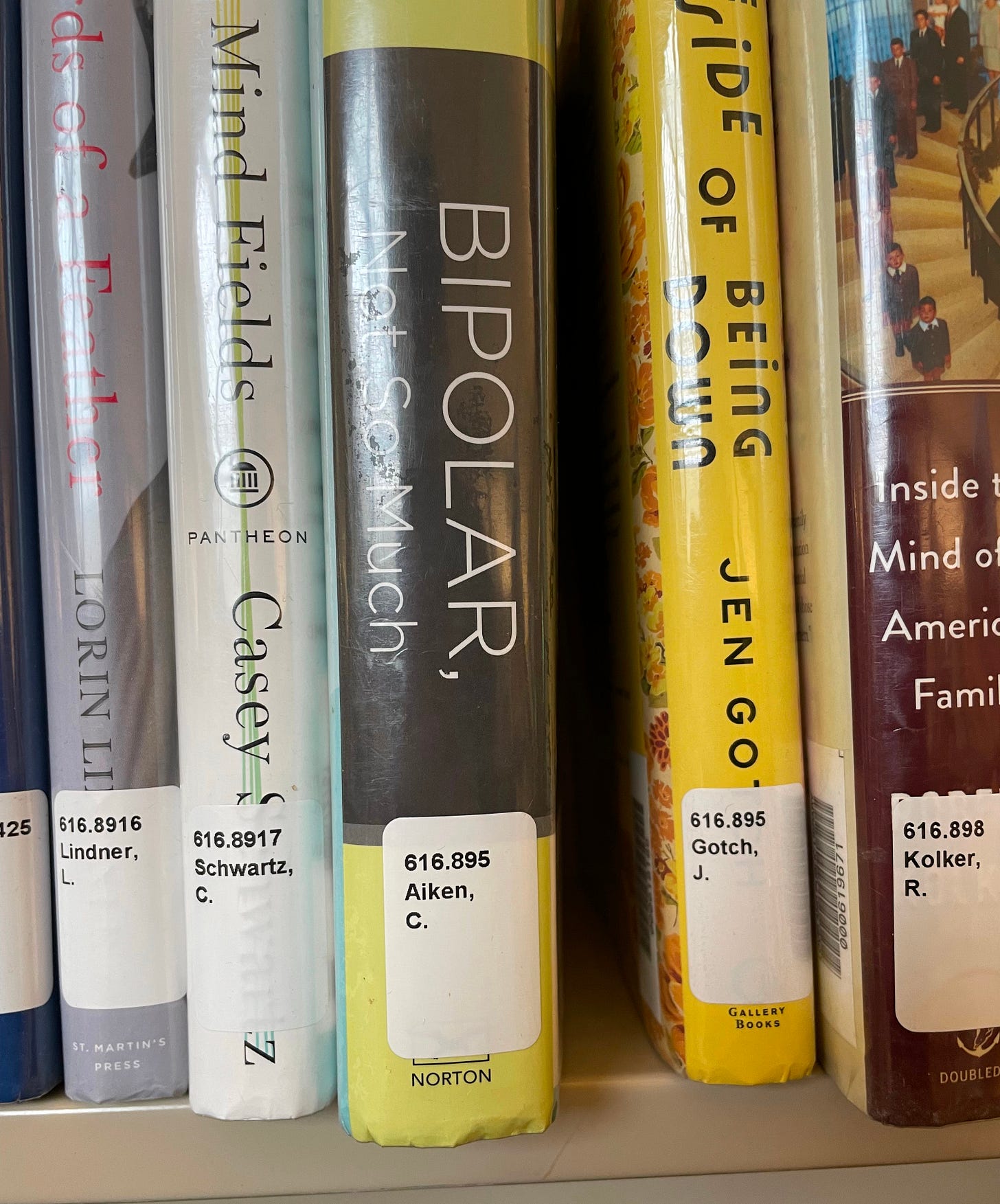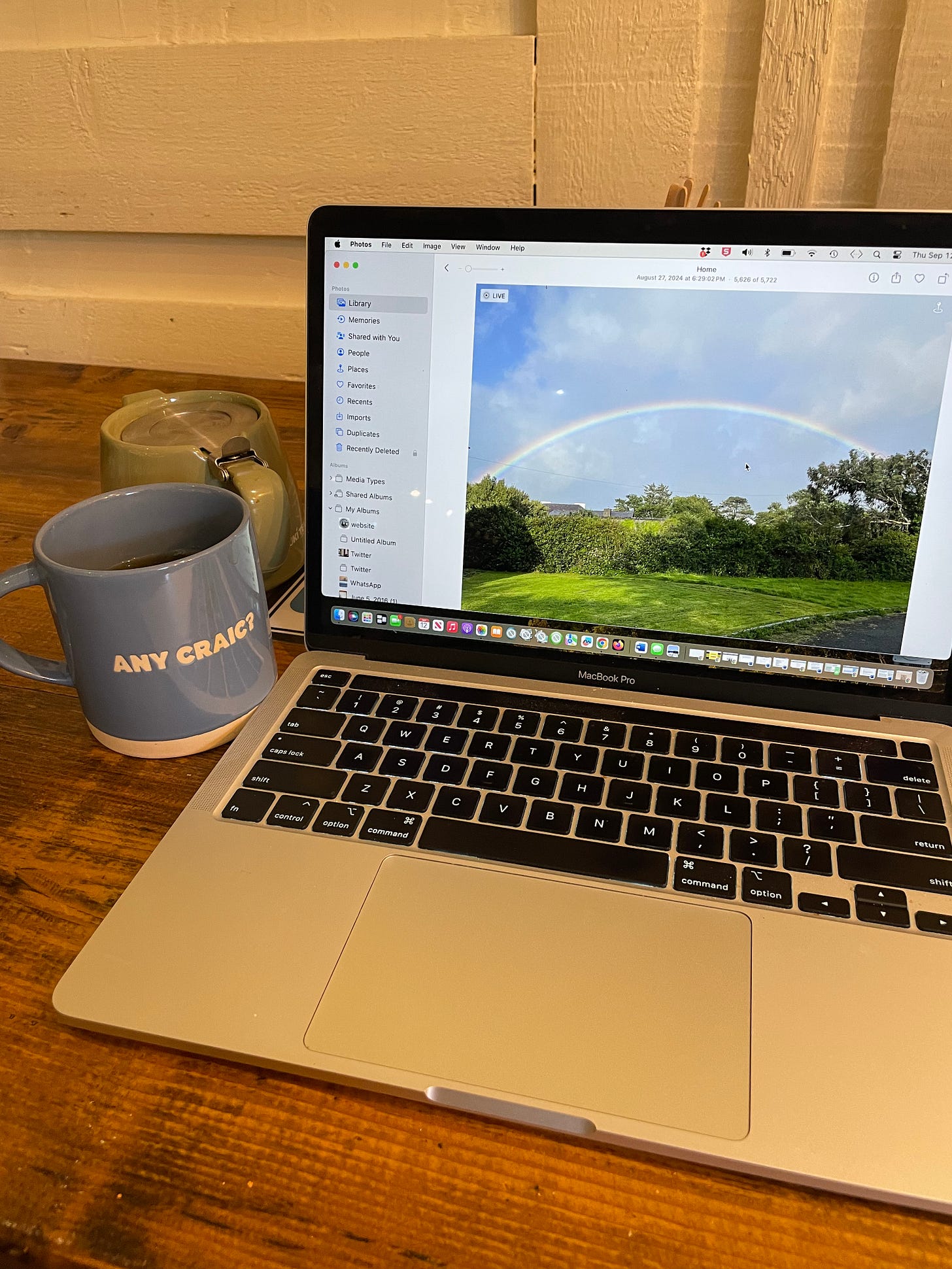The short version: Tea reduces the risk of depression
To beat depression, the answer is tea. Drinking three cups of tea a day lowers the risk of depression by 37%, and the benefit doubles when you go to six cups a day. That’s what a team of researchers concluded after analyzing 11 studies involving nearly 23,000 people. The results apply to green and black teas, but not herbal teas, which lack real tea leaves from the Camellia sinensis plant.
The active ingredient in tea is caffeine. So coffee also helps reduce the risk of depression, though not as much as tea. And you want to consume coffee in smaller quantities. Too much caffeine can increase depression. As any serious coffee drinker knows, caffeine also comes with those other pesky side effects: anxiety, elevated blood pressure, heartburn, and insomnia. The L-theanine in tea moderates these side effects.
This research study with real world application was reported by Dr. Chris Aiken of the Mood Treatment Center in Winston-Salem, North Caroline.
Full disclosure: Dr. Aiken endorsed Prozac Monologues: A Voice from the Edge
He said of it, You’ll gain a textbook’s worth of knowledge about depression and bipolar disorder without ever feeling like you read a textbook. And that still gives me a kick.
I recently visited a library in the town where I grew up. For a lark, I looked up Prozac Monologues in their system. I copied down the call letters, went to the shelf and found:
Alas, Prozac Monologues was checked out. It belonged in that open space just to the right of Bipolar, Not So Much by . . . Dr. Chris Aiken. His is the doctorly version of my book. Mine is the patient’s version of his. So yeah, I am a bit of a fan and follow him on Twitter, which is where I found this research report.
Medication plus . . .
Dr. Aiken is the kind of psychiatrist anyone would hope for. Yes, he prescribes medication and recognizes its value, as well as the legitimate reasons a person might want to stop taking it. He also follows the research of every other thing one can do to make a difference. In addition to medication and genetic testing, his website has sections on counseling, lifestyle, nutrition, light, TMS, and natural therapies—all research based.
Now Dr. Aiken is not anti-meds. When he writes, To beat depression, the answer is tea, he is not saying Throw away your antidepressants. Well, he might say that, but it would be under specific circumstances and with careful monitoring.
If you live with recurrent depression or bipolar disorder, you know that medication is not the magic bullet. It’s the start. It’s the full chemical force you throw at the initial crisis. But to get beyond crisis management, even if you still take your meds, you need a bigger tool box.
The toolbox is a concept I learned from my first Peer to Peer class, sponsored by NAMI, National Alliance on Mental Illness. I first wrote about it on my blog—a piece I just reposted. Medication is one tool in the box. You can’t build a house—or a recovery—with just a hammer. At some point you need a screwdriver. But you can’t build a house with just a screwdriver either. At some point you need that hammer.
It’s funny how every other treatment that your casual friends or total strangers on social media recommend actually works better after medication has taken the edge off. Even tea.
Social rhythms therapy is my most powerful tool. But not my only one. So I got up this morning the same time I do every morning, I took my medication and supplements, got in my morning shot of sunshine and aerobic exercise when I walked up the steep hill to Anne’s Coffee Bar, and to thanks to Chris Aiken’s reporting, I am now finishing my second cup of tea and this post.
I love this coffee shop. I love my tea. I love this photo taken from the front of my house. I love my life! Cheers!
So what’s in your toolbox? And how is it going?







I love the picture of your tea and biscuit! I also loved the picture from your house, and the mug next to it with the question - any craic? Who knew my mother had the key to battling depression with her tea! I drink both coffee and tea, though only one cup of coffee in the morning. Unfortunately, the tea is often forgotten or left out. Now I’ll have to rethink that. And take a look at Chris Aiken’s website.
My toolbox - well, I’m not sure I’d even call it a toolbox. I never even knew it was depression until well after college. I thought of it as the black melancholy of my Irish ancestors coming to visit me. Even before meditation taught me to be curious and investigate strong emotions and depression - “notice the sensations in the body” was what my teacher said - I did notice that if I waited it out, it would go away eventually.
Medication has never been a part of my dealing with it, not even self-medication. I did, eventually, talk with a therapist. Well two of them, but the first one became a problem when I gained some confidence, because I reminded him of his very strong mother and our sessions became about him. That ended fast and I found a woman therapist who was helpful for the entire time we worked together. She agreed mine did not seem to be a chemical depression so much as a situational depression. I thought of it as repressed rage, and the time with the therapist and years of practicing meditation did and do a lot to help me deal with it.
And now I have the tea prescription! As we move into fall, that seems like a wonderful tool for my toolbox…
I had to smile when reading this, Willa. As a fan of detective series emanating from the UK, I am ever attentive to how many times tea is the answer to virtually every moment of crisis or sadness. When things are going poorly, put the kettle on. It surely can't hurt, and often is a source of healing and just a little hope. Kenya was the place in which I drank considerable quantities of tea. It never hurt, and it often helped.